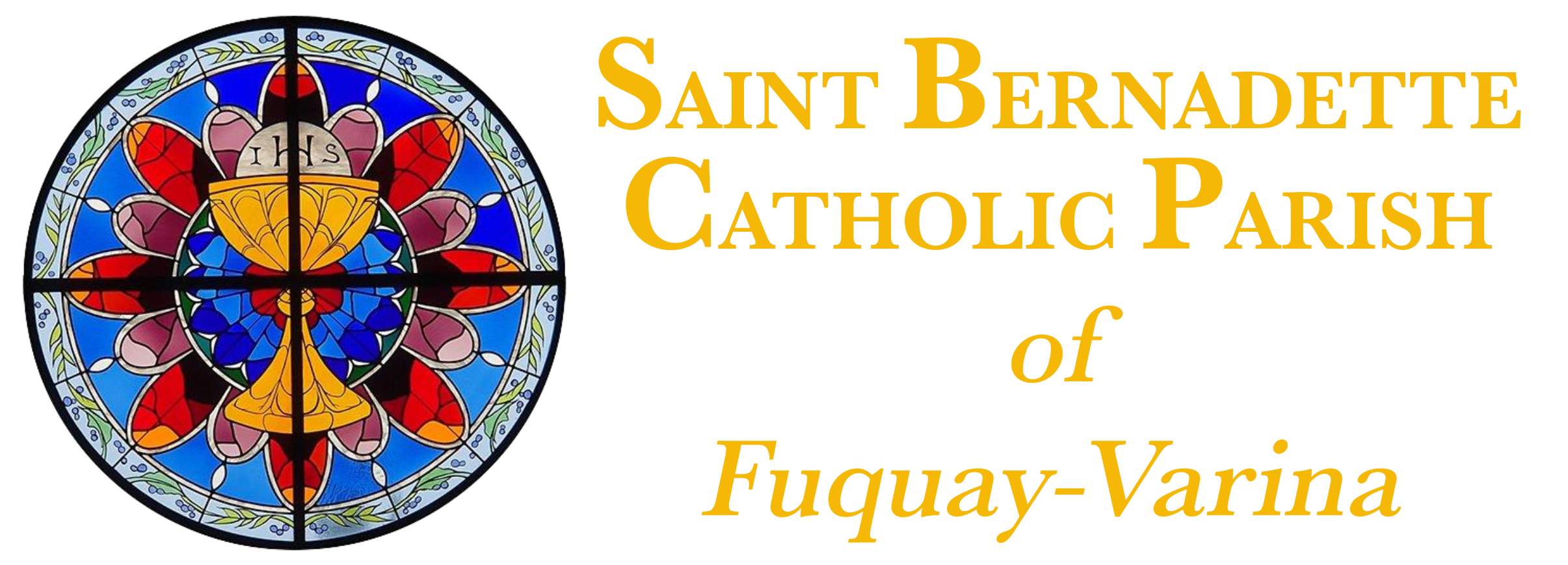
Sacraments and Rites

Baptism
Holy Baptism is the basis of the whole Christian life, the gateway to life in the Spirit (vitae spiritualis ianua), and the door which gives access to the other sacraments. Through Baptism we are freed from sin and reborn as sons and daughters of God; we become members of Christ, are incorporated into the Church and made sharers in her mission: “Baptism is the sacrament of regeneration through water in the word.” (Catechism 1213)
Reconciliation
It is called the sacrament of conversion because it makes sacramentally present Jesus’ call to conversion, the first step in returning to the Father from whom one has strayed by sin.
It is called the sacrament of Penance, since it consecrates the Christian sinner’s personal and ecclesial steps of conversion, penance, and satisfaction.
It is called the sacrament of confession, since the disclosure or confession of sins to a priest is an essential element of this sacrament. In a profound sense it is also a “confession” – acknowledgment and praise – of the holiness of God and of his mercy toward sinful man.
It is called the sacrament of forgiveness, since by the priest’s sacramental absolution God grants the penitent “pardon and peace.”
It is called the sacrament of Reconciliation, because it imparts to the sinner the love of God who reconciles: “Be reconciled to God.” He who lives by God’s merciful love is ready to respond to the Lord’s call: “Go; first be reconciled to your brother.” (Catechism 1423-24)


Eucharist and First Holy Communion
At the Last Supper, on the night he was betrayed, our Savior instituted the Eucharistic sacrifice of his Body and Blood. This he did in order to perpetuate the sacrifice of the cross throughout the ages until he should come again, and so to entrust to his beloved Spouse, the Church, a memorial of his death and resurrection: a sacrament of love, a sign of unity, a bond of charity, a Paschal banquet ‘in which Christ is consumed, the mind is filled with grace, and a pledge of future glory is given to us.'”
The Eucharist is “the source and summit of the Christian life.” (Catechism 1323-24)
Confirmation
Baptism, the Eucharist, and the sacrament of Confirmation together constitute the “sacraments of Christian initiation,” whose unity must be safeguarded. It must be explained to the faithful that the reception of the sacrament of Confirmation is necessary for the completion of baptismal grace. For “by the sacrament of Confirmation, [the baptized] are more perfectly bound to the Church and are enriched with a special strength of the Holy Spirit. Hence they are, as true witnesses of Christ, more strictly obliged to spread and defend the faith by word and deed.” (Catechism 1285)

Matrimony
The matrimonial covenant, by which a man and a woman establish between themselves a partnership of the whole of life, is by its nature ordered toward the good of the spouses and the procreation and education of offspring; this covenant between baptized persons has been raised by Christ the Lord to the dignity of a sacrament.” (Catechism 1601)
Holy Orders
Holy Orders is the sacrament through which the mission entrusted by Christ to his apostles continues to be exercised in the Church until the end of time: thus it is the sacrament of apostolic ministry. It includes three degrees: episcopate, presbyterate, and diaconate. (Catechism 1536)

Anointing of the Sick
By the sacred anointing of the sick and the prayer of the priests the whole Church commends those who are ill to the suffering and glorified Lord, that he may raise them up and save them. And indeed she exhorts them to contribute to the good of the People of God by freely uniting themselves to the Passion and death of Christ.” (Catechism 1499)
Catholic Funeral Rite
Our parish community at St. Bernadette stands ready to help in the planning and the celebration of Catholic funeral rites. Whether you are making your own arrangements or need to make arrangements for a loved one, we are happy to help during this important moment.


